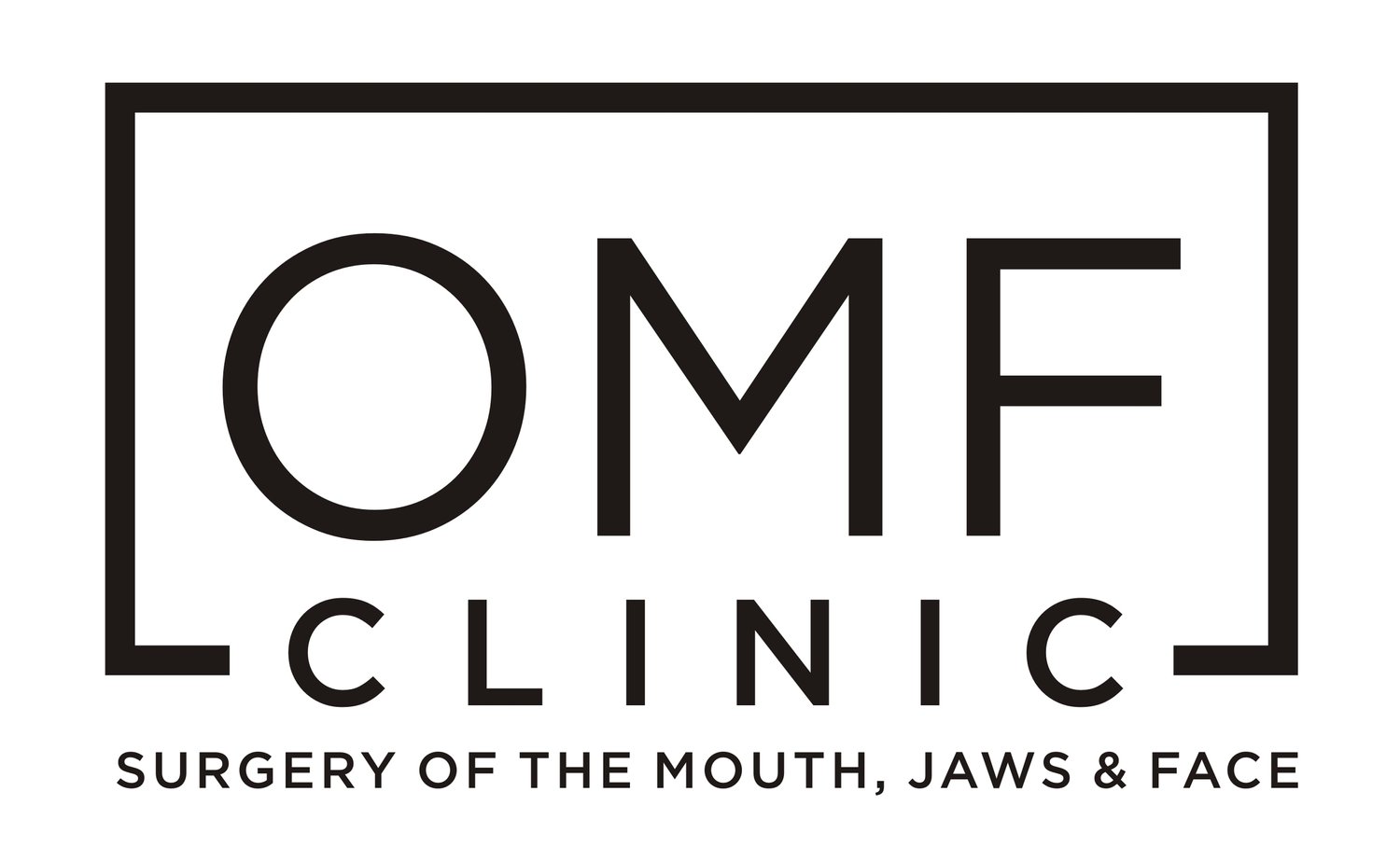TMJ DYSFUNCTION
The jaw joints are medically known as the temporomandibular joints (TMJ). Many people will experience some form of symptoms from their TMJ throughout their lifetime, fortunately only a small percentage will go on to require surgery. Symptoms may present as joint and facial pain, limitation of mouth opening and clicking or grinding noises from the joint. Occasionally symptoms can include ear pain (otalgia) and ringing (tinnitus).
Treatment may range from medical management to complex surgery. The vast majority of patients will respond to medical management. Depending on the diagnosis, this treatment may include short-term anti-inflammatory drugs for pain, muscle relaxants, comprehensive physiotherapy, short term diet modification and education to manage the symptoms. Often an occlusal splint (also known as a bite guard) will be beneficial. When medical management is ineffective, or if there is advanced degeneration of the joint, surgery may be indicated.

